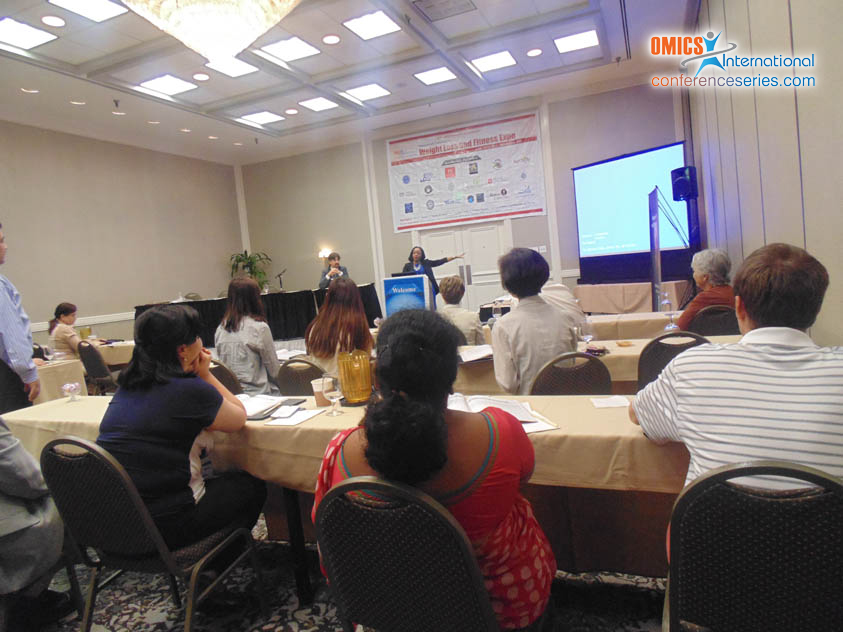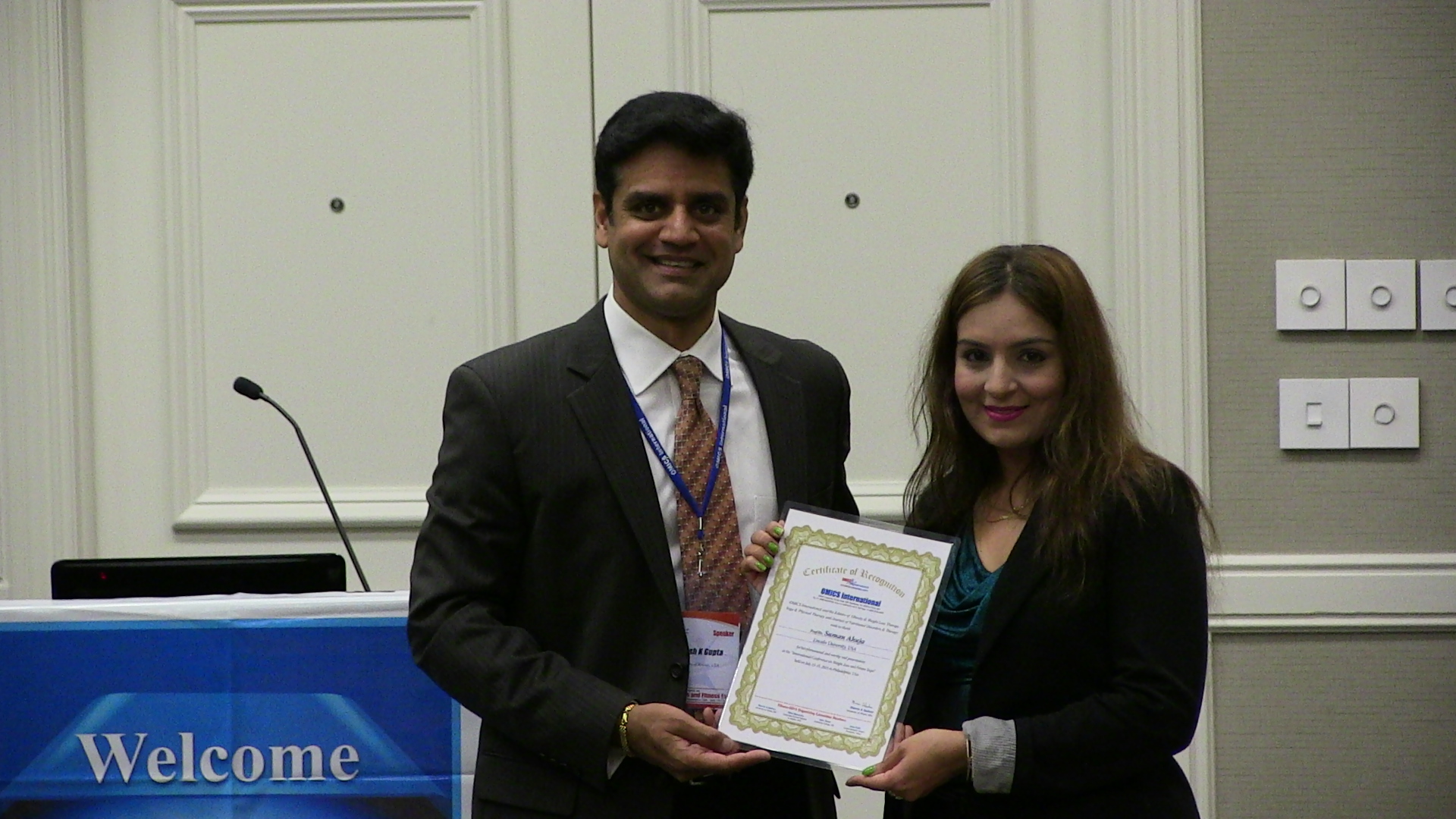
Suman Ahuja
University of Lincoln, USA
Title: Effects of omega-3 fatty acids and exercise on biomarkers association with cardiovascular diseases
Biography
Biography: Suman Ahuja
Abstract
Introduction: Obesity and its associated health problems such as cardiovascular diseases, certain cancers, and diabetes are the biggest public health concerns today. A balanced diet and regular exercise are vital for the prevention and treatment of obesity-related health issues. Diets rich in omega-3 fatty acids appear to lower risk factors for cardio-metabolic disorders. Method: A case-control study was undertaken to provide community residents with nutrition and exercise counseling. Blood samples to assess lipid profiles, comprehensive diet history, physical activity level, and anthropometric data were obtained to study the effect of omega-3 fatty acids and exercise on risk factors associated with cardio-metabolic risk markers. Paired-sample t-test was used to test the significance of the differences between pre- and post-intervention measures. Results: Significant changes were observed in most of the cardio-metabolic indicators. An average of 1.1 unit decrease in body mass index (BMI) and 1.0 unit in body fat was observed in pre- and post-intervention measures (p<0.001). The intervention also resulted in a statistically significant decline in body weight (mean decrease=7.2 lbs.; p=0.000). An average reduction of 3.9 inches in waist circumference and 2.9 inches in hip circumference demonstrates significant effect of diet and exercise intervention (p<0.000 for both measures). Discussion: One of the most effective ways to reduce cardio-metabolic associated disease risk is to induce weight loss. Diet and exercise counseling are effective tools to promote behavior changes that result in weight loss. These findings strengthen evidence that health professionals can utilize effective non-invasive strategies to reduce chronic disease risk associated with obesity






